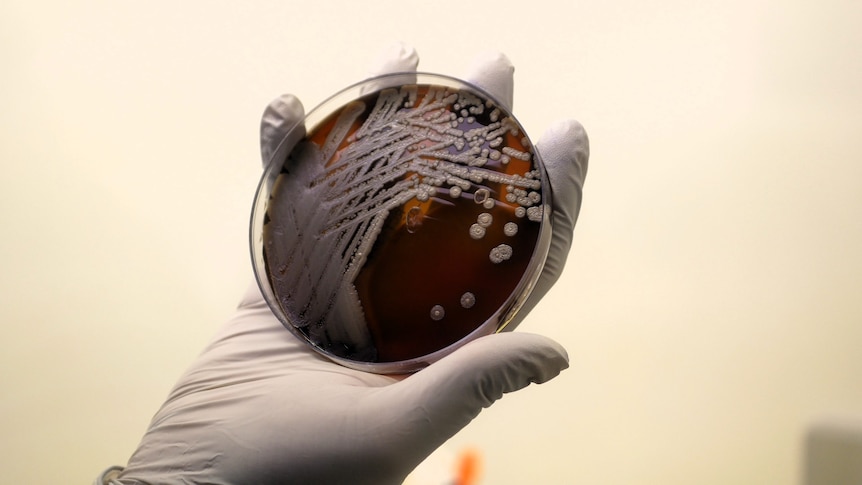Australia Weather News

Melioidosis is a soil- borne disease caused by bacteria found in northern Australia. (ABC News: Chloe Chomicki)
A hospital patient in Far North Queensland has died from the rare soil-borne disease, melioidosis.
The fatality reported by the Cairns Hospital and Health Service, is the 32nd fatal case of melioidosis recorded in Queensland this year.
The patient was diagnosed with the tropical disease at the start of June.
Melioidosis is caused by a bacterium found in soil and water in northern Australia.
Most cases occur during the wet season or after heavy rain or flooding.
Queensland experienced a significantly above-average wet season from October to April.
Townsville in particular recorded its highest wet-season rainfall on record.
The record-breaking rain has prompted a surge in melioidosis cases with 235 patients diagnosed with the disease in Queensland this year.
It's almost four times the number of cases recorded this time last year. In 2024 Queensland Health recorded a total of 81 melioidosis cases.
Most cases involve over-50s
Queensland Health stated that the outbreak of melioidosis peaked in April and, over the past seven days, the state had not recorded any new cases.
There is no vaccine to prevent melioidosis, but Queensland Health said people in North Queensland should take care around soil and muddy water.
Anyone gardening is urged to wear gloves and footwear, and those using pressure hoses should wear a face mask.
Queensland Health data shows 74 per cent of the 235 melioidosis cases detected this year were in people aged 50 or older.
Ninety-four per cent of cases were people who were particularly vulnerable to the disease, with underlying health conditions like diabetes and cancer.
Symptoms of melioidosis include fever, cough, and difficulty breathing, and sepsis can occur in rare cases.
ABC